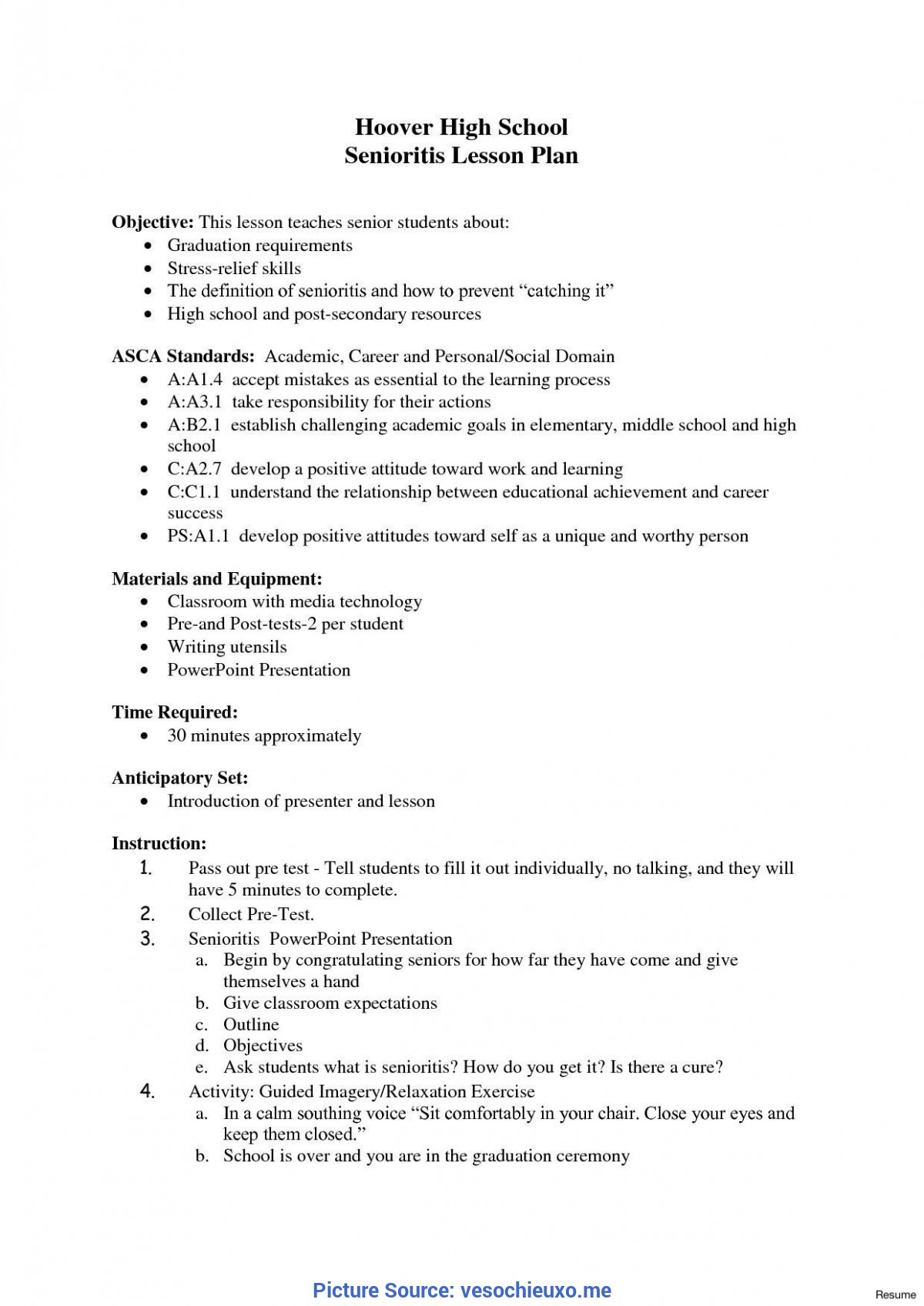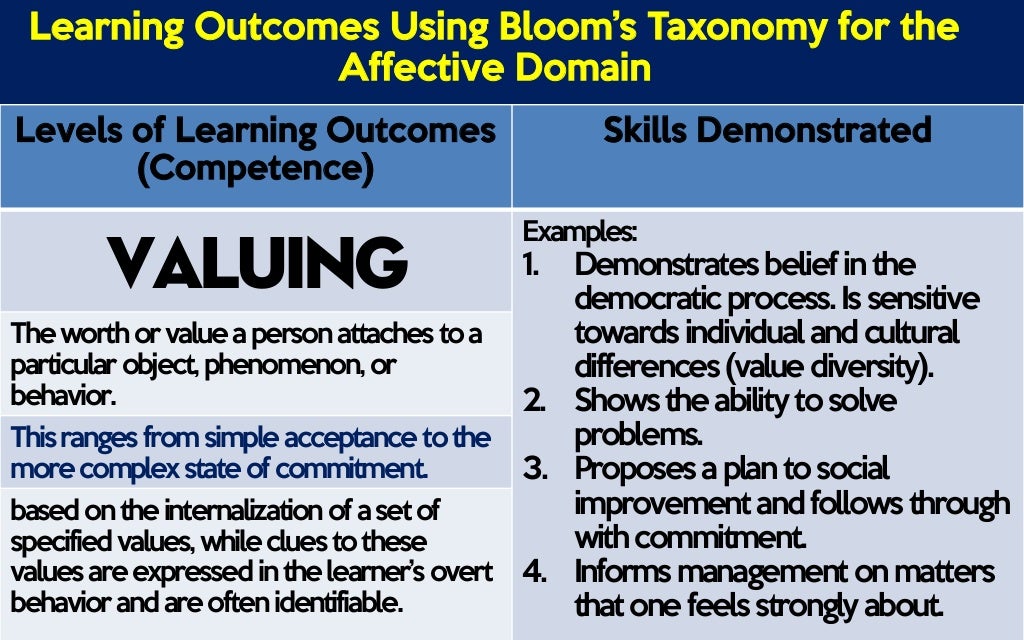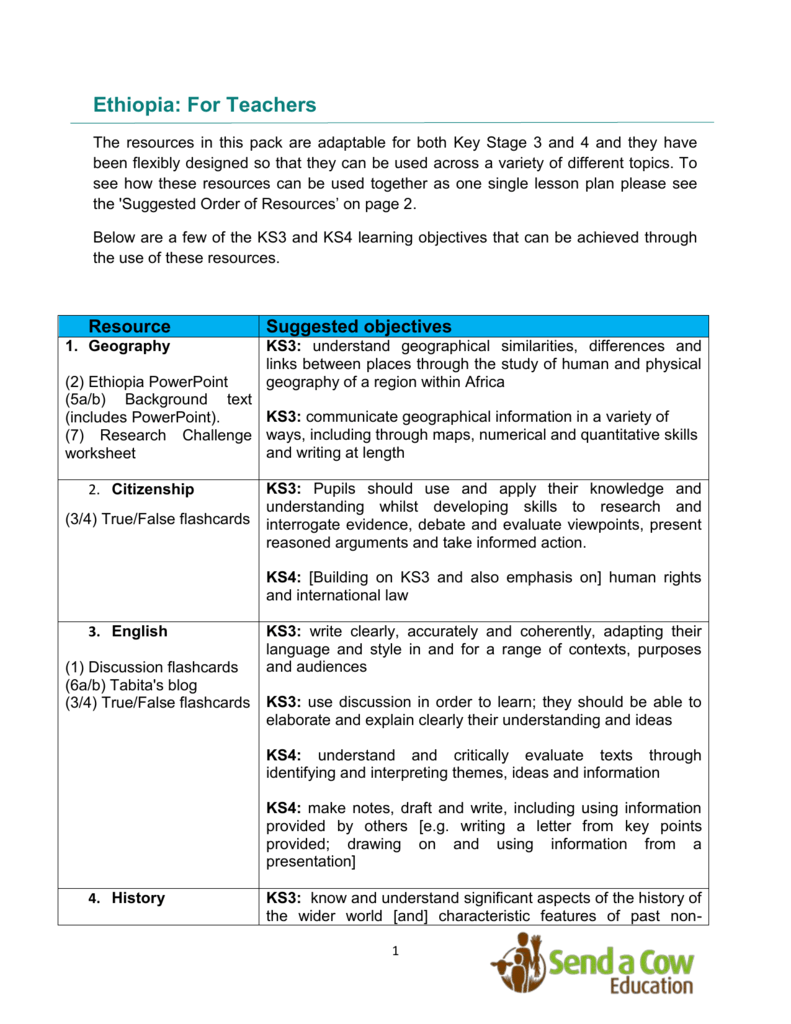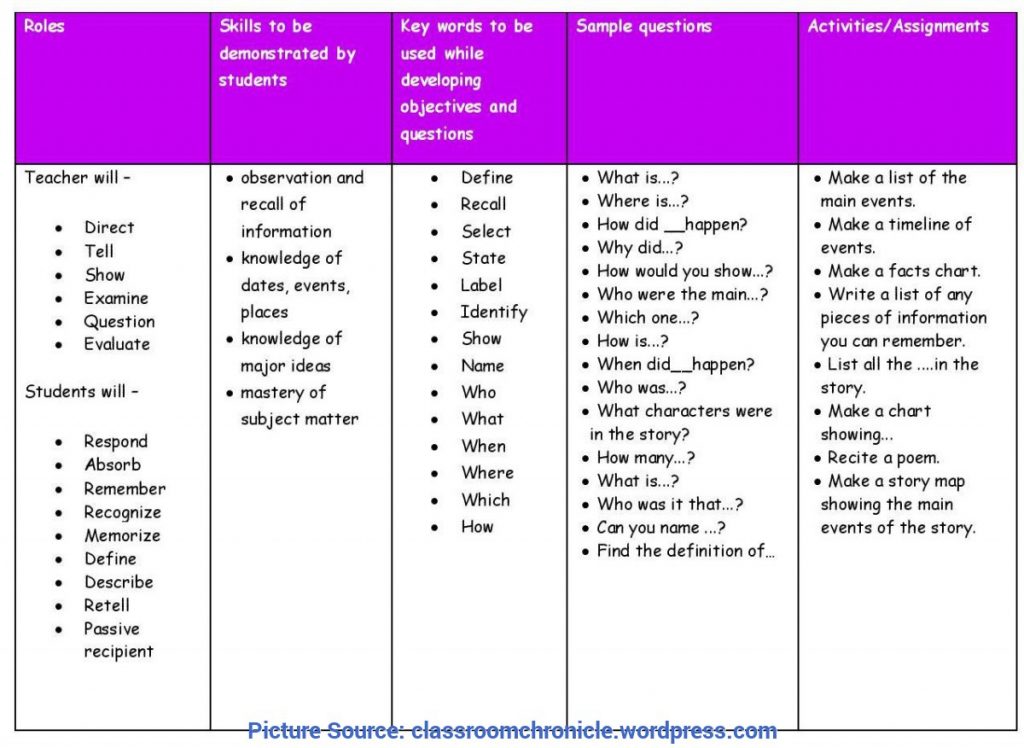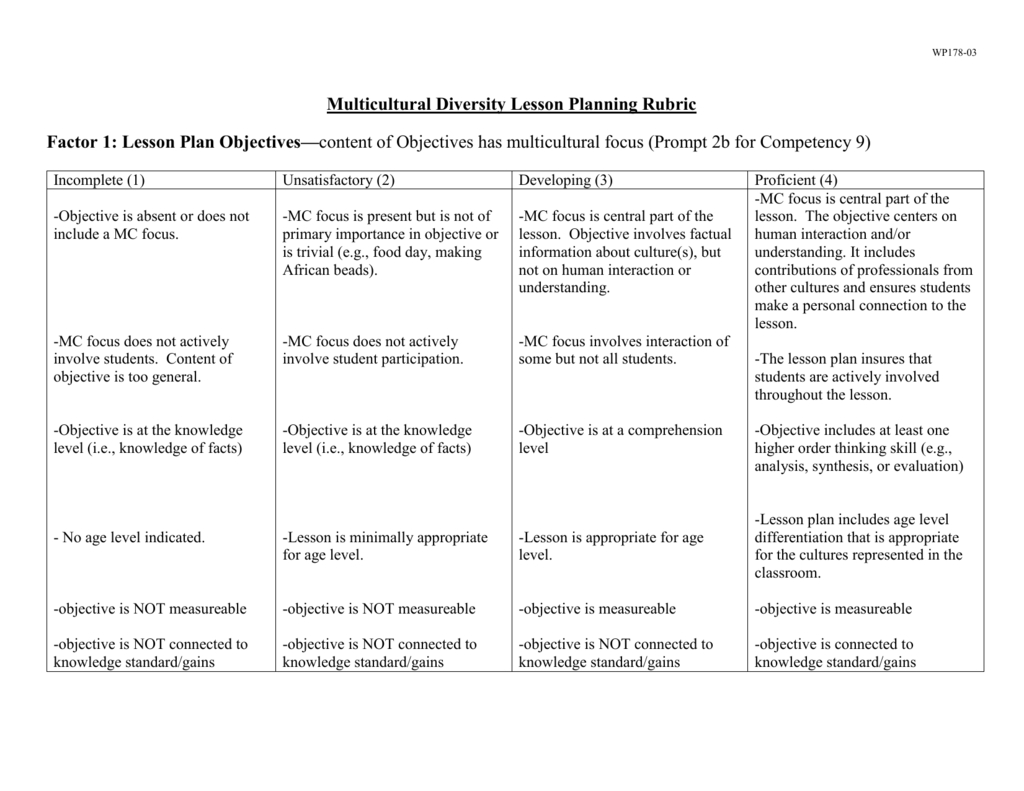Example Of Affective Objective In Lesson Plan - Affective learning objectives focus on the emotional responses and attitudes of students during the learning process. It outlines bloom's taxonomy for the affective domain, detailing levels such as receiving, responding, valuing, organization, and. Instructional objectives are concerned with the student’s general patterns of. Ortantly, characteristic of the learner.
Affective learning objectives focus on the emotional responses and attitudes of students during the learning process. It outlines bloom's taxonomy for the affective domain, detailing levels such as receiving, responding, valuing, organization, and. Instructional objectives are concerned with the student’s general patterns of. Ortantly, characteristic of the learner.
Affective learning objectives focus on the emotional responses and attitudes of students during the learning process. Ortantly, characteristic of the learner. It outlines bloom's taxonomy for the affective domain, detailing levels such as receiving, responding, valuing, organization, and. Instructional objectives are concerned with the student’s general patterns of.
Examples Of Lesson Objectives
Instructional objectives are concerned with the student’s general patterns of. Ortantly, characteristic of the learner. Affective learning objectives focus on the emotional responses and attitudes of students during the learning process. It outlines bloom's taxonomy for the affective domain, detailing levels such as receiving, responding, valuing, organization, and.
Writing Instructional Objectives in the Affective Domain
Instructional objectives are concerned with the student’s general patterns of. It outlines bloom's taxonomy for the affective domain, detailing levels such as receiving, responding, valuing, organization, and. Affective learning objectives focus on the emotional responses and attitudes of students during the learning process. Ortantly, characteristic of the learner.
Lesson Plan Examples With Objectives at Charlene Warden blog
Affective learning objectives focus on the emotional responses and attitudes of students during the learning process. Instructional objectives are concerned with the student’s general patterns of. Ortantly, characteristic of the learner. It outlines bloom's taxonomy for the affective domain, detailing levels such as receiving, responding, valuing, organization, and.
Lesson Plan Template For Affective Learning Activity Portion of Lesson
Affective learning objectives focus on the emotional responses and attitudes of students during the learning process. Instructional objectives are concerned with the student’s general patterns of. It outlines bloom's taxonomy for the affective domain, detailing levels such as receiving, responding, valuing, organization, and. Ortantly, characteristic of the learner.
Objectives In Lesson Plan Cognitive Affective Psychomotor Verbs
It outlines bloom's taxonomy for the affective domain, detailing levels such as receiving, responding, valuing, organization, and. Instructional objectives are concerned with the student’s general patterns of. Affective learning objectives focus on the emotional responses and attitudes of students during the learning process. Ortantly, characteristic of the learner.
LessonPlanning dfdfavdvfsbv A Lesson Plan in English 7 Learning
Ortantly, characteristic of the learner. Instructional objectives are concerned with the student’s general patterns of. Affective learning objectives focus on the emotional responses and attitudes of students during the learning process. It outlines bloom's taxonomy for the affective domain, detailing levels such as receiving, responding, valuing, organization, and.
how to write an objective for lesson plan
Affective learning objectives focus on the emotional responses and attitudes of students during the learning process. Ortantly, characteristic of the learner. Instructional objectives are concerned with the student’s general patterns of. It outlines bloom's taxonomy for the affective domain, detailing levels such as receiving, responding, valuing, organization, and.
Lesson Plan Verb Objectives
Ortantly, characteristic of the learner. It outlines bloom's taxonomy for the affective domain, detailing levels such as receiving, responding, valuing, organization, and. Instructional objectives are concerned with the student’s general patterns of. Affective learning objectives focus on the emotional responses and attitudes of students during the learning process.
How To Write An Objective For Lesson Plan vrogue.co
Affective learning objectives focus on the emotional responses and attitudes of students during the learning process. It outlines bloom's taxonomy for the affective domain, detailing levels such as receiving, responding, valuing, organization, and. Ortantly, characteristic of the learner. Instructional objectives are concerned with the student’s general patterns of.
Lesson Plan Examples With Objectives at Charlene Warden blog
Instructional objectives are concerned with the student’s general patterns of. It outlines bloom's taxonomy for the affective domain, detailing levels such as receiving, responding, valuing, organization, and. Ortantly, characteristic of the learner. Affective learning objectives focus on the emotional responses and attitudes of students during the learning process.
Ortantly, Characteristic Of The Learner.
Instructional objectives are concerned with the student’s general patterns of. It outlines bloom's taxonomy for the affective domain, detailing levels such as receiving, responding, valuing, organization, and. Affective learning objectives focus on the emotional responses and attitudes of students during the learning process.
